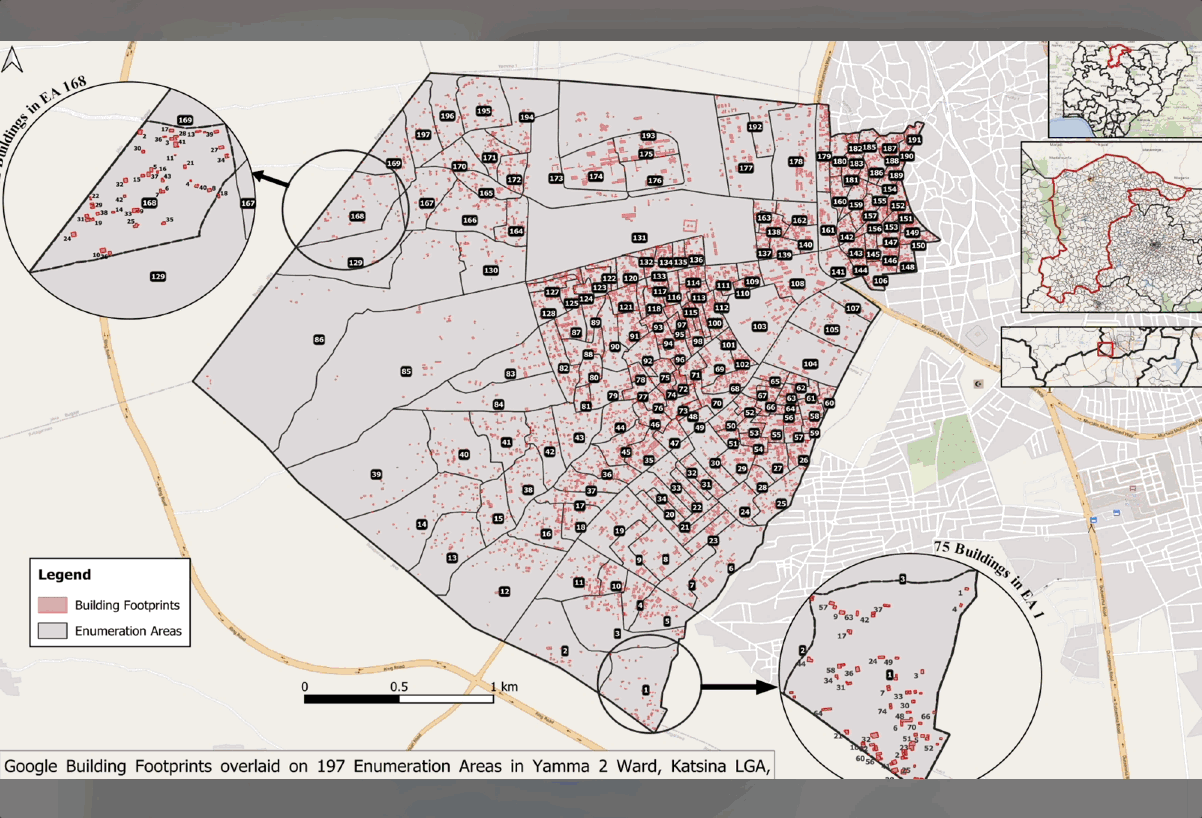Google’s Open Buildings data in Africa is revolutionizing how health and climate teams tackle societal challenges. This dataset, developed by Google Research Africa, maps over 1.8 billion buildings across the continent using satellite imagery. It provides precise building locations and footprints, enabling teams in nations like Rwanda, Nigeria, and South Africa to enhance healthcare access and environmental resilience. Health planners use it to pinpoint underserved areas, while climate experts assess risks like flooding. Consequently, this free resource drives impactful projects without the need for expensive surveys.
Health Teams Leverage Google’s Open Buildings Data in Africa
Health teams actively harness Google’s Open Buildings data to improve service delivery. In Rwanda, the Ministry of Health partnered with Sand Technologies to reposition rural clinics. This effort ensures 92% of citizens reach care within 30 minutes, reducing risks for mothers and newborns. Dr. Aisha Walcott-Bryant, Head of Google Research Africa, remarked, “When local knowledge combines with scalable tech, mothers access clinics faster, and kids get vaccinated sooner.” Furthermore, in Nigeria, the African Field Epidemiology Network (AFENET) used the data to locate 10,250 buildings in Katsina state. This guided vaccinators to immunize 70% of previously unreachable children within six months.

Climate Teams Enhance Resilience with Building Insights
Climate teams also tap into Google’s Open Buildings data to bolster community resilience. The World Resources Institute (WRI) used it in Kigali and Johannesburg to map flood risks block by block. These maps shape flood mitigation plans, critical after Nairobi’s 2024 floods. Walter Samuel, Project Manager at WRI, noted, “This data helped us craft nature-based solutions to strengthen Nairobi’s defenses.” In addition, the data reveals settlement expansion patterns, aiding urban planners in targeting resources efficiently. Therefore, it supports sustainable growth in rapidly urbanizing areas.
The reach of Google’s Open Buildings data in Africa is profound. It tackles issues like the 8.7 million unvaccinated children and unchecked urban sprawl. By offering a detailed view of communities, it directs aid where it’s needed most. As a result, this tool fosters a healthier, more resilient Africa.







3 replies on “Google’s Open Buildings in Africa Boosts Health, Climate Efforts”
[…] Google is betting big on Africa’s future—especially Nigeria’s—by selecting six innovative startups from the country for the 2025 Google for Startups Accelerator: Africa. The new cohort, announced on Tuesday, features 15 ventures from across the continent, each using artificial intelligence (AI) to address real-world problems in areas like fintech, healthtech, agritech, and logistics. […]
[…] Google is giving creators, designers, and AI enthusiasts a treat. The company has unveiled its advanced Imagen 4 text-to-image model, now available for free — but only through its AI Studio platform and for a limited time. […]
[…] Google is expanding its footprint in Africa with a bold infrastructure push that could reshape the continent’s digital future. The company has confirmed it will fund the construction of four major infrastructure hubs, one each in the north, south, east, and west of Africa. These hubs will connect Google’s latest subsea fibre-optic cables — Equiano and Umoja — to national networks. […]